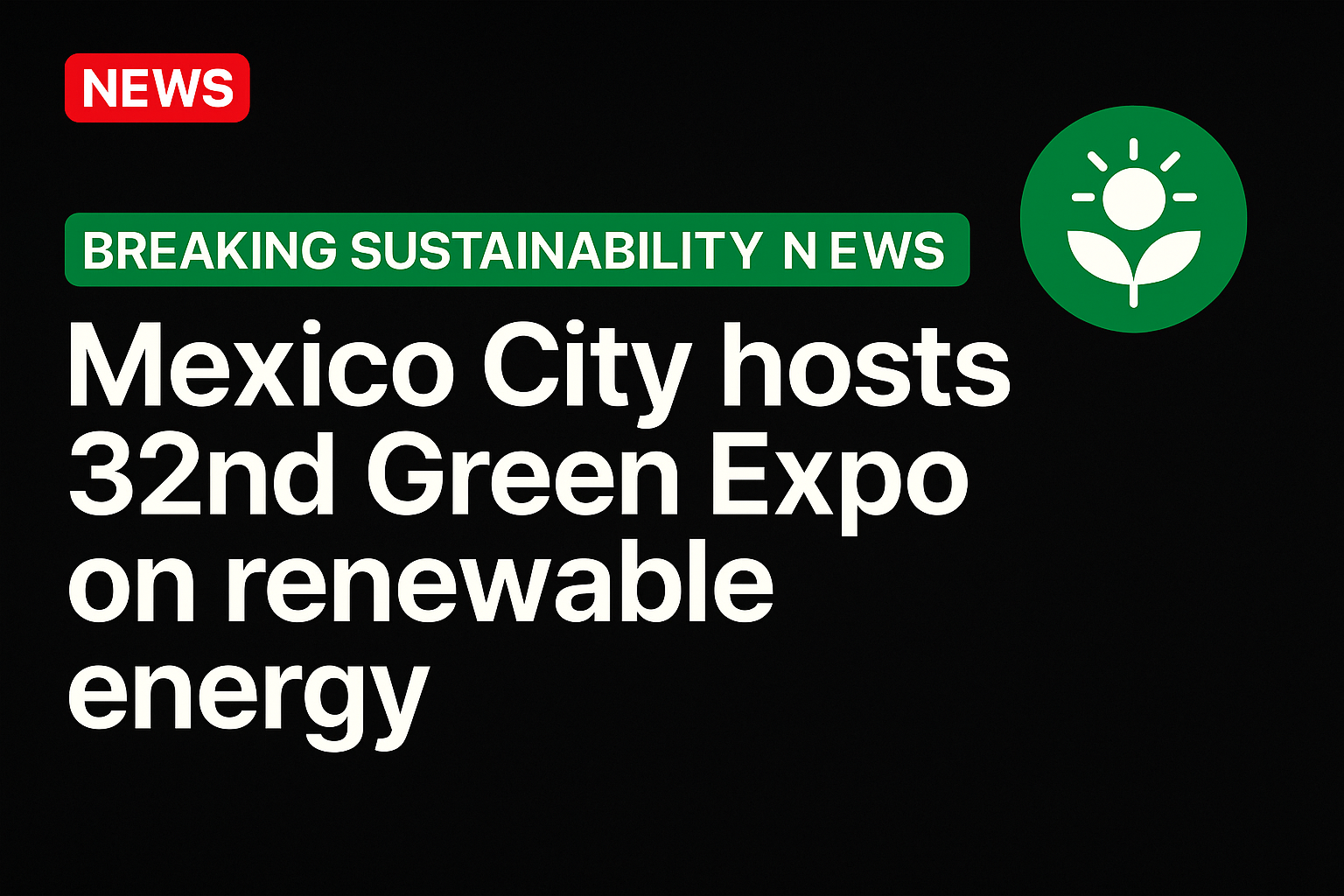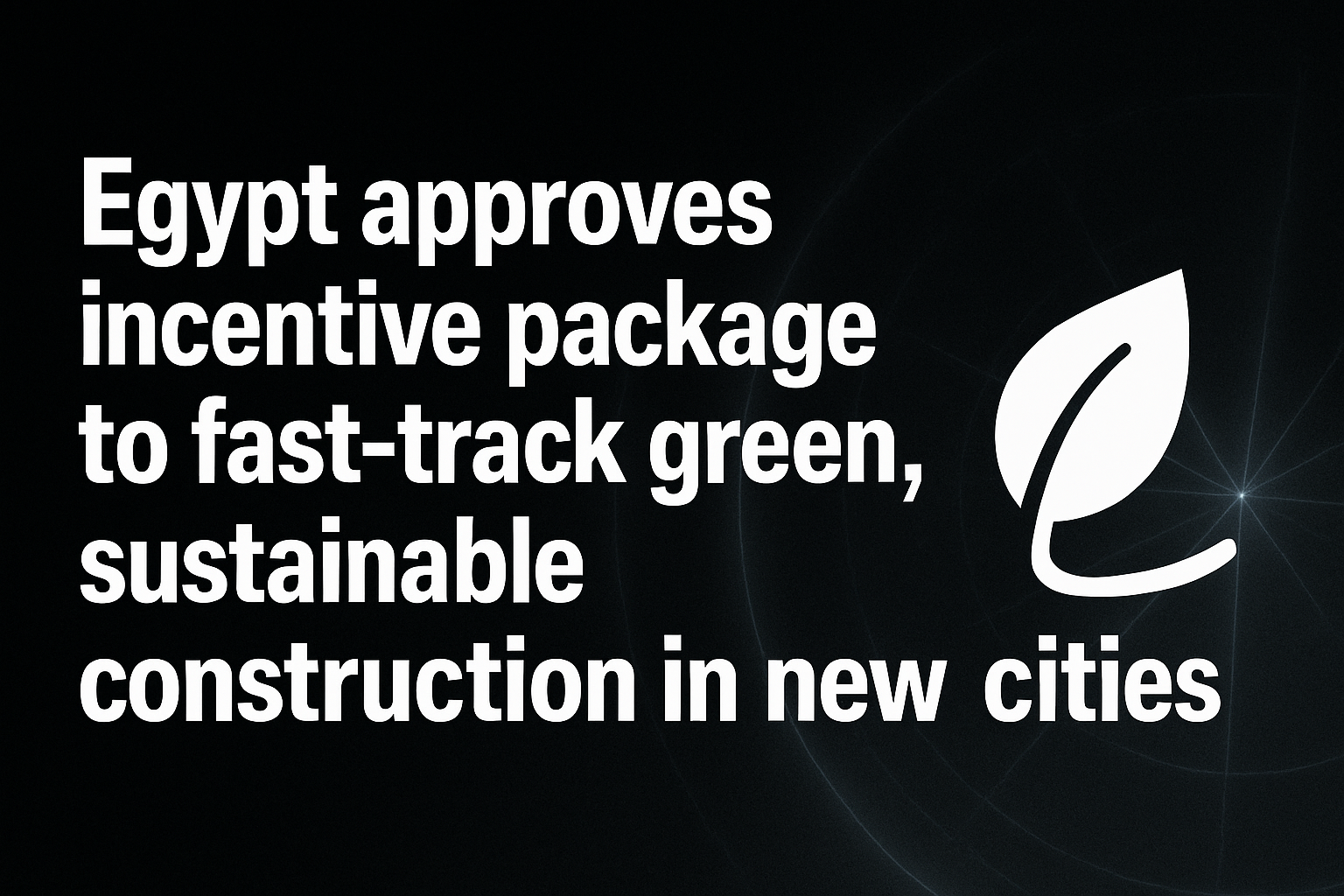The 32nd edition of The Green Expo took place Sept. 2-4 in Mexico City, as part of a cross-sectoral program promoting renewable energy, water management, and sustainability solutions. For the first time, the expo was held alongside Intersolar Mexico and Aquatech Mexico, reflecting an integrated approach to Mexico’s sustainability challenges. The three-day event at Centro Banamex featured technology exhibitions, panel discussions, and networking opportunities for manufacturers, engineers, policymakers, and academics.
The expo hosted three forums, bringing together experts, entrepreneurs, and officials to discuss climate change challenges and opportunities. Panels at the main forum addressed green finance, the clean energy transition, and electric mobility. The second forum focused on wind energy, while the third—new to Green Expo—explored hydrogen technologies.
Solar energy was a central theme across all three events. Florian Wessendorf, managing director of Solar Promotion International, said the integrated approach aims to accelerate Mexico’s clean energy transition and deliver transformative impacts on millions of lives. Mauricio Cardenas, President, Cámara Verde, highlighted that Mexico’s solar capacity grew by 20% in 2024 (1.16 GW), while solar costs fell 70% over the past decade, making renewable energy accessible to SMEs. He projected that, with sustained political and financial commitment, Mexico could rank among the world’s top 10 countries in installed solar capacity by 2030.
Circular economy models were another major focus. Alina Escobar, Group Show Director, Informa Markets, noted that Green Expo is driving Mexico toward regenerative systems and zero-waste production. Cardenas highlighted Toluca’s PET STAR Facility, the world’s largest plastic recycling plant, which processes 1.8 billion PET bottles annually, equivalent to 15 bottles per capita.
Water security was a key theme throughout the expos. Paola Félix, general coordinator, CONAGUA, emphasized that water should be treated as a fundamental right. With more than 5 million Mexicans lacking access to clean water, she stressed the need for an integrated approach linking water and energy policy. Mariano Birlain of SENER noted ongoing coordination with SEMARNAT to expand renewable energy and water infrastructure projects.
An example of cross-sector innovation was EM Fluids, winner of Aquatech’s Latam Award, which developed a solar-powered technology that enhances water quality by temporarily modifying the physicochemical properties of aquatic environments.
Source: https://mexicobusiness.news/




